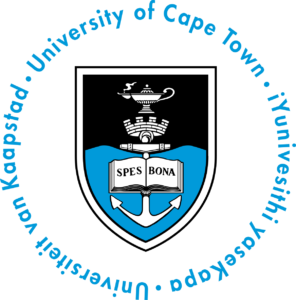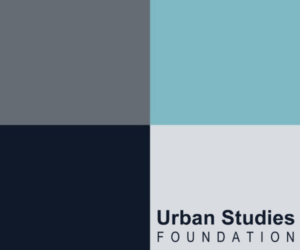Explore our most recent projects
Projects
The study generated new academic and policy-relevant knowledge, contributed to learning across Latin American and South African actors and build capacity in the Global South.
Through conducting a historical and geographical analysis of land occupations, the study traces the political ecology/economy of informal city-making, variegated state-society relations, and contested citizenship practices, within and across cities.
In studying how state practices intersect with the everyday and ‘collective organising’ practices of occupiers, the study examines the coproduction and transformation of informal neighbourhoods.
The primary intent of this 2-day workshop was to to develop an academic network exploring ideas of housing precarity, infrastructural repair and repurposing, and occupation across diverse contexts.
Cases of land and building occupations in Africa and Latin America were presented as ways in which low income people gain access to adequate housing and infrastructures.
The workshop considered how occupations can be recognised as integral features of urban landscapes that indicate reparative possibilities for reimagining and repurposing existing infrastructures in more democratic ways.
Reparative practices were discussed in dialogue with conceptualizations of the urban commons, practices of self-governance, cooperation, and sharing which are deeply embedded in struggles within occupations.
This project aimed to explore comparison of housing occupations and struggles for housing across cities in the Global South in order to facilitate dialogue, generate shared learning and encourage cross-fertilisation of policy ideas.
The project tried to fill the significant knowledge gaps that remain around what policies and governance approaches are needed to transform often dilapidated buildings into adequate homes.
A site visit of City Occupied members to São Paulo focused on recent government efforts to transform Occupation Mauá into social housing whereas in Alto de la Estancia, Bogotá, the emphasis was on efforts to develop community indicators to promote implementation of the local Action Plan agreed with the municipality in 2021.
A number of workshops, seminars and public events were organized in both these cities and in cape Town in order to disseminate the research findings and stimulate broader engagement with the issues under investigation.
This workshop and seminar series, explored repair as a paradigmatic shift in how cities and urban economies are understood, a shift away from a prioritization of innovation and entrepreneurialism towards practices of mending and holding together that also mark urban life.
This seminar series brought together scholars and academics interested in how ideas of repair can reshape existing ways of understanding the city and urban politics.
It also explored diverse forms of repair practices in cities, and draw attention to the political implications of different forms of repair.
This project brought together scholars, social movements, housing activists, and legal and advocacy-based organizations into a collaborative engagement.
Guided by a common commitment to urban housing justice we focused on two building occupations in central Cape Town – Cissie Gool House and Ahmed Kathrada House – examining these spaces as design interventions into the fabric of the city that open toward more just futures.
We considered occupations not merely as expressions of housing injustice but as integral features of urban landscapes, examining these as practices of urban transgression and design.
We paid attention to these as sites of both immediate struggle and transformative possibilities contributing to reimagining and redesigning present and future cities.
This Urban Studies Foundation seminar series will convene a global cohort of scholars and activists to advance innovative conceptual and methodological approaches around urban vacancy, occupation, and commoning.
In bringing together scholars and activists, engaging across Southern and Northern geographies, we adopt a comparative approach to thinking the urban and begin to develop a conceptual vocabulary that can stitch together disparate scholarships and discuss appropriate methodological approaches to study these practices in relation, empirically and comparatively.




